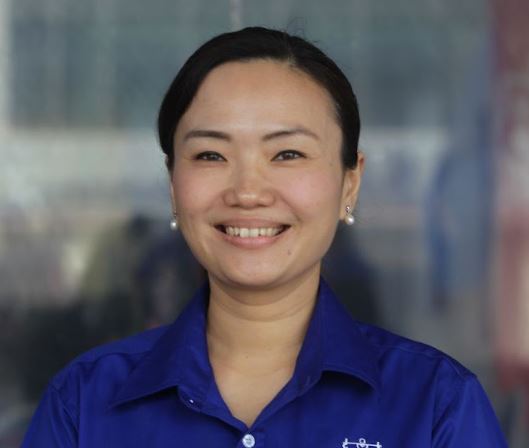WHILE the Cabinet’s preliminary approval to make secondary education compulsory is a positive step in addressing student dropout rates, there are several critical considerations that the government must address.
According to MCA education consultative deputy chairperson Felicia Wong Yin Ting, these factors include available facilities, students’ household financial background as well as their social situation.
“The intention behind compulsory education is commendable, as it aims to provide children with the basic skills needed for life by the time they complete school.
“However, policymakers must understand that the reality for many children, especially in poorer urban and rural areas, can be significantly different,” Wong remarked.
She said families in these regions may face challenges that hinder their ability to send children to school, adding that in rural areas, a lack of nearby schools or long travel distances can also make school attendance difficult.
Additionally, many families, particularly in the B20 group or single-parent households, face financial difficulties, which often force children to drop out to support their families.

“Dropouts often face challenges like family conflict, financial hardship, and health issues, all of which require targeted support,” she noted.
“Education must move away from a one-size-fits-all model and offer personalised learning options, such as flexible schedules and vocational training, which should be recognised as legitimate pathways to further education or employment.”
Wong further argued that while the policy intends to make secondary education mandatory, there are concerns that it could criminalise parents who, due to financial or logistical reasons, have been unable to send their children to school up to Form 5.
“This could trigger unnecessary legal consequences for struggling families and add further strain on the justice system and prisons. We urge the government to consider these aspects during the drafting of this legalisation,” she added.
Calling for the education system to evolve to meet the needs of all students, Wong said rather than adhering to a strict framework, the system should focus on individual needs and strengths.
“Approaches like Student-Centred Learning (SCL) or Differentiated Learning Method (DLM) that were previously proposed can support personalised education,” she elaborated.
“The goal should be to empower children based on their unique abilities, helping them reach their full potential, regardless of their background, and not to create offenders among parents which end up punishing innocent children.”
In a written reply in Dewan Rakyat yesterday (Dec 3), Education Minister Fadhlina Sidek said her ministry is working to expand the scope of compulsory education from primary to secondary levels.
She said the proposal was approved in principle by the Cabinet in June and will require amendments to the Education Act 1996 (Act 550).
Fadhlina also said the draft Education (Amendment) Bill to extend compulsory education has been prepared and is now under review by the Attorney-General’s Chambers (AGC). – Dec 4, 2024









